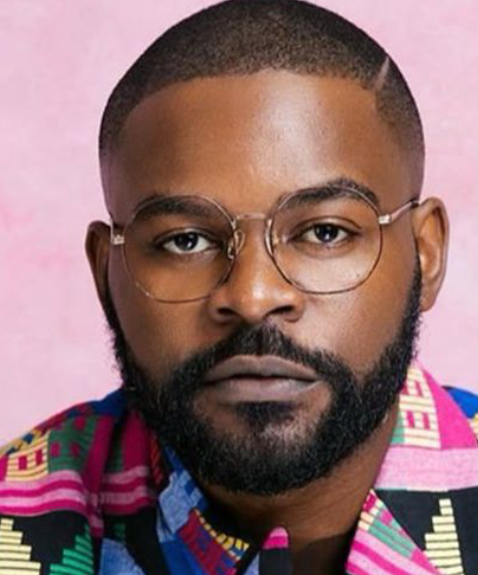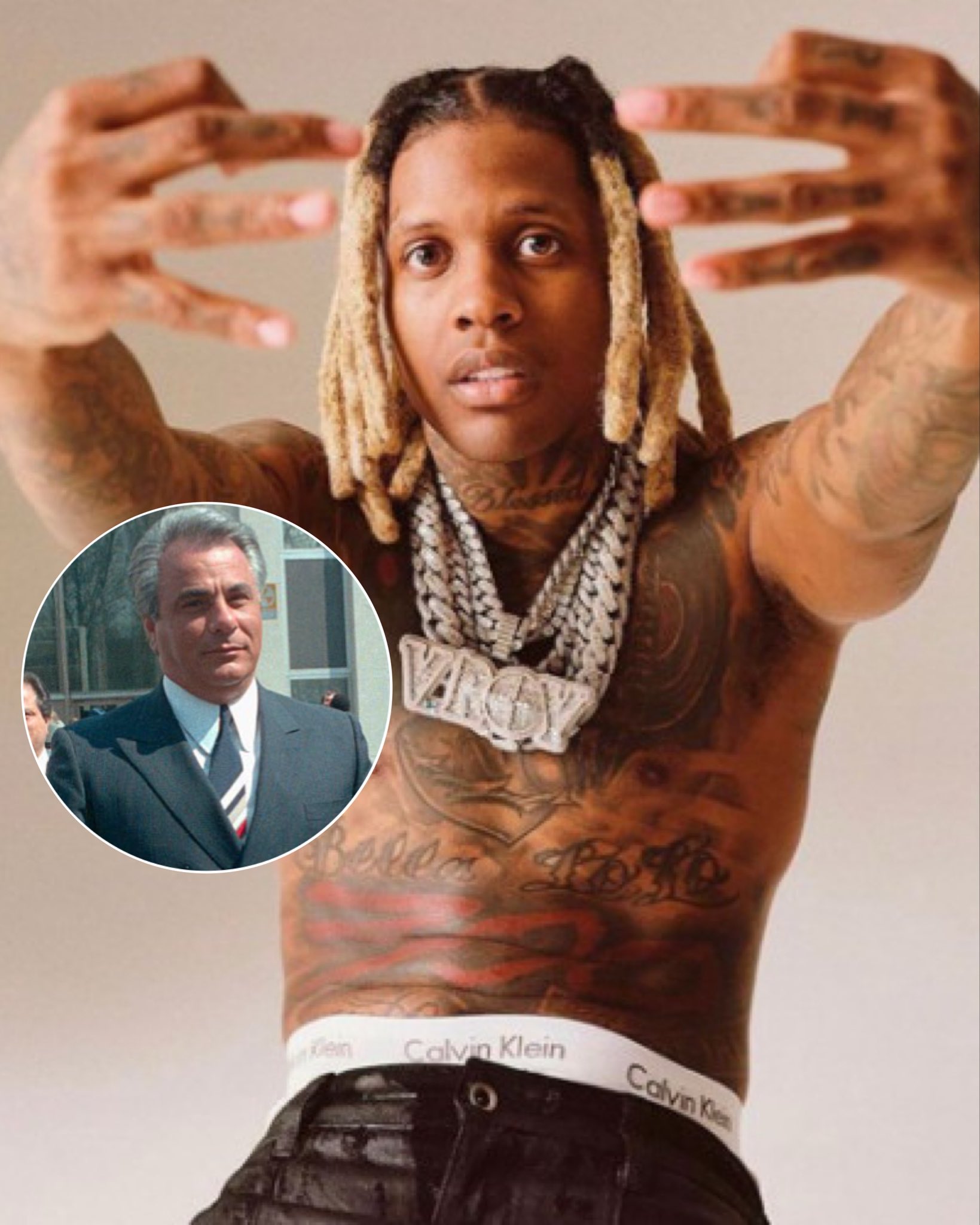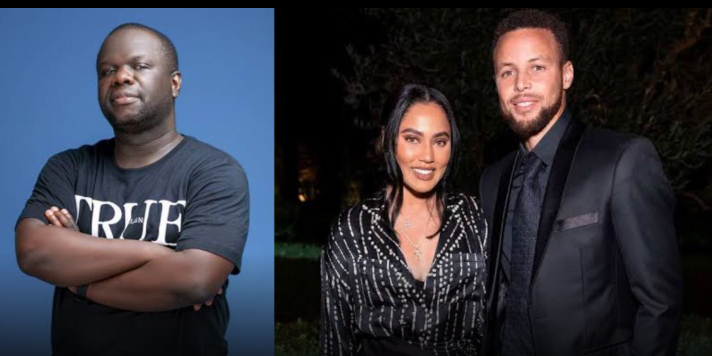
Enough Is Enough? Nigerians Say 'Not Enough' As Rapper Falz Slams President Tinubu Over Benue Killings

The atmosphere on Nigerian social media took a sharp, politically charged turn once again, this time over the president’s response to the recent wave of violence in Benue State. President Bola Ahmed Tinubu had barely tweeted his standard condemnation of the latest bloodshed before he was met with heavy backlash — and not just from everyday Nigerians, but from one of the country's most fearless voices in entertainment: rapper and activist Folarin Falana, better known as Falz the Bahdguy.
On Sunday evening, following news of a gruesome attack that left several villagers in Benue State either dead or displaced, President Tinubu took to his official social media handle, expressing what has now become a familiar refrain: “I have been briefed on the senseless killings in Benue State. Enough is enough!”
But instead of calming nerves or reassuring a restless population, the statement sparked outrage — not least from Falz, who has become one of the loudest voices in holding Nigeria’s political class accountable. Within hours of the President’s post, the “Bop Daddy” crooner fired back with blistering words that sent shockwaves across platforms and drew widespread attention.
“You have consistently shown that you are incapable of performing the primary duty of securing lives and property of your citizens. This routine statement does not cut it,” Falz posted in a direct quote tweet of Tinubu’s message. It wasn’t just a callout — it was a cold, biting accusation aimed at the very core of the administration’s perceived failures.
The rapper’s critique went viral almost instantly, generating thousands of likes, retweets, and comments from Nigerians who seemed to echo his sentiment. Many pointed out that the President's words lacked depth, urgency, or concrete action. "We've heard 'Enough is enough' too many times," one user replied. "If it was really enough, this wouldn't keep happening."
Benue State has been a hotspot of persistent violence, largely driven by farmer-herder conflicts, criminal banditry, and attacks by suspected armed militias. Entire communities have been razed to the ground, with residents fleeing in fear as security forces arrive either too late or not at all. For many in the region, the promise of protection by the federal government has become little more than an illusion.
The most recent attack, which saw at least 25 people reportedly killed in the early hours of Saturday, has deepened the wounds of a people who already feel forgotten by their own country. Survivors recounted harrowing tales of gunmen storming villages, burning homes, and slaughtering indiscriminately. Many victims were women and children. The scale and brutality of the killings reignited national calls for better security, more accountability, and less performative outrage from the country’s leaders.
That’s why Falz’s reaction struck such a powerful chord. This is not the first time the rapper has criticized government policies or called out national leaders. From the #EndSARS protests to police brutality and judiciary impunity, Falz has remained an unwavering voice of resistance in a music industry often known for its silence on political issues.
Back in 2020, during the #EndSARS protests that shook the country, Falz was at the forefront of the demonstrations. He not only joined marches on the streets but also used his platform to demand justice for the victims of police brutality. His collaboration with fellow singer Runtown helped inspire a new generation of politically conscious youth, and his music often reflects the social decay he seeks to challenge.
Yet, his latest jab at President Tinubu may have hit harder than usual, given the heightened insecurity and the seemingly endless grief gripping many parts of the nation. Critics argue that the president’s statements have become formulaic — a quick tweet, a short briefing, maybe a promise of an investigation — but little else. The cycle then continues: another massacre, another condemnation, more silence.
Meanwhile, life for Nigerians, particularly those in rural and conflict-prone areas like Benue, keeps getting more uncertain. Many have lost faith not just in the current administration but in the entire system of governance that appears disconnected from their daily realities.
In Abuja and Lagos, political analysts are beginning to sound the alarm. “The social contract is clearly breaking down,” one observer noted. “When entertainers start becoming the most trusted voices on national security, it tells you something is fundamentally wrong.”
As the backlash against the president’s remarks continues to trend, it has become clear that Nigerians are no longer moved by words without action. Civil society groups are demanding more than press releases. They want real reforms — in security architecture, in intelligence gathering, and in how crises are managed and resolved.
Falz’s tweet has since sparked renewed momentum for conversations around accountability and leadership. Various hashtags, including #BenueMassacre, #SecureNigeria, and #FalzSpeaksTruth, are being used to galvanize online users. Grassroots organizations in Benue and the Middle Belt region have also called for urgent military intervention and humanitarian support for displaced families.
For some, Falz’s bold stance is a reminder of the power that celebrities wield in shaping national discourse — a power that is increasingly being used not just to entertain, but to educate and advocate. In a country where many celebrities often choose silence over scrutiny, his decision to speak up once again has earned him respect beyond the realm of music.
Still, critics of the administration warn that ignoring voices like his will only deepen public disillusionment. The people are watching, listening, and growing impatient. And if the government continues to react with the same detached tone, they risk alienating even the most loyal supporters.
“Enough is enough,” the president said — but Nigerians are asking: When will enough truly be enough? When will words be replaced by actions? When will leaders face the consequences of consistent failure to protect their citizens?
Until then, voices like Falz’s will continue to echo louder and stronger, serving as both a mirror and a megaphone for a country screaming for real change.


